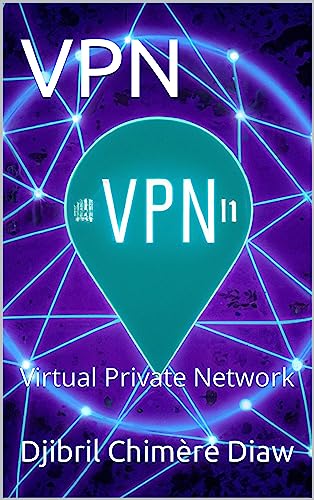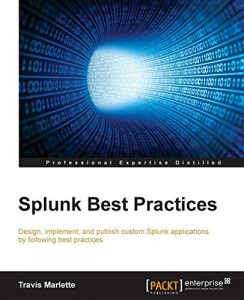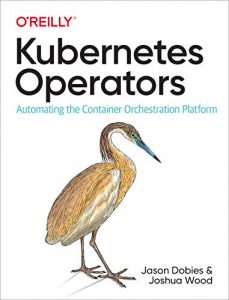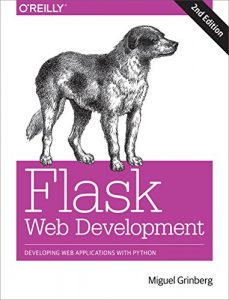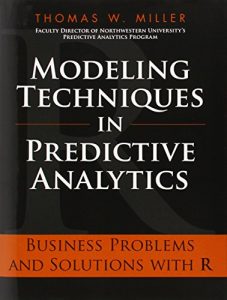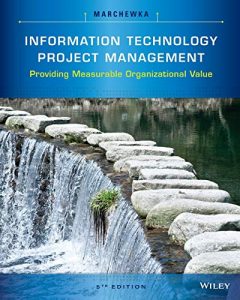1. VPN: Virtual Private Network by Djibril Chimère Diaw
This book offers an insightful journey into the world of VPNs, laying down the foundation for understanding virtual private networks. As internet security becomes paramount, Diaw’s work equips readers with the knowledge to protect their online presence. The clear, technically rigorous approach is refreshing for newcomers and seasoned experts alike. With its modern take on VPN technology, it serves as a vital resource for anyone looking to navigate the complexities of online privacy.
2. BUSINESS INTELLIGENCE, OPEN SOURCE INTELLIGENCE (OSINT) E VIRTUAL PRIVATE NETWORK (VPN) by Rita Marasco and Giuseppe Miceli
This Italian edition combines business intelligence with OSINT and VPN analysis, providing a multifaceted view of how these elements interact. With an engaging writing style, the authors dissect how organizations utilize data alongside secure networks to maintain privacy and security. This book is crucial not only for cybersecurity professionals but also for business leaders aiming to leverage intelligence while safeguarding their corporate data.
3. Virtual Private Networks: Turning the Internet Into Your Private Network by Paul Wolfe, Mike Erwin, and Charlie Scott
This classic book, despite its age, fits perfectly into today’s digital world. It delves deeply into the technical aspects of VPN configuration and implementation, making it a staple for professionals aspiring to solidify their network security skills. Wolf, Erwin, and Scott explain complex topics in a digestible manner, pushing readers to think critically about their online security. It’s a must-have guide for anyone serious about understanding VPN technology thoroughly.
4. VPN. Virtual Private Networks. Die reale Welt der virtuellen Netze. by Wolfgang Böhmer
For German-speaking readers, Böhmer’s exploration of the real-world applications of VPNs is invaluable. This book seamlessly integrates theoretical knowledge with practical applications, allowing readers to understand how these technologies function within various industries. The depth and breadth of information cater to both beginners and advanced users, encouraging readers to explore the nuances of virtual networks and their implications on privacy.
5. Exam: 300-730 CCNP SVPN: Implementing Secure Solutions with Virtual Private Networks by IP Specialist
For those preparing for a CCNP certification, this book is indispensable. With over 250 practice questions and detailed explanations, it primes readers for success in the exam. This not only prepares you for the theoretical aspects of VPN implementations but also enhances practical understanding through its intricate practice questions. This resource is perfect for anyone aspiring to fortify their professional qualifications in networking.
6. The Operational Excellence Library; Mastering Virtual Private Networks (VPNs) and Remote Access Security by Gerardus Blokdyk
This comprehensive guide dives into strategic approaches to managing VPNs and remote access security. Blokdyk’s meticulous crafting of content makes it an essential read for organizational leaders and IT managers. It emphasizes operational excellence while safeguarding critical data and maintaining secure remote access. With a high price tag, it promises valuable insights and actionable strategies that are worth every penny.
7. Designing and Implementing IP/MPLS-Based Ethernet Layer 2 VPN Services by Zhuo Xu
Xu’s book is an advanced guide tailored for network architects and engineers looking to design sophisticated Ethernet VPN services. It covers vital concepts such as VPLS and VLL technologies. This book is not only a technical resource but also an inspirational framework for those aiming to push the boundaries of network design in an increasingly digital environment.
8. Virtual Private Network: A VPN that’s loaded with features for privacy, security, and online freedom by Arun Babu
This lighter read caters to the everyday user seeking to understand the importance of VPNs in their personal lives. With its affordable price, Babu breaks down the intimidating notions of VPNs into approachable concepts, emphasizing privacy, security, and the importance of personal freedoms in online spaces. This book is perfect for anyone new to the world of virtual private networks, illustrating how they can take control of their online privacy.
9. A Technical Guide to IPSec Virtual Private Networks by James S. S. Tiller
This technical guide is a cornerstone in understanding IPSec VPN implementations. Tiller provides a granular look at the underlying technologies that power secure communications, making it an essential read for IT professionals looking to deepen their knowledge of network security protocols. The detailed explanations equip readers with the necessary skills to ensure robust network security.
10. Exam: 300-730 CCNP SVPN: Implementing Secure Solutions with Virtual Private Networks Study Guide by IP Specialist
Similar to the previous exam guide, this resource enhances the learner’s understanding with a focus on practical applications and lab scenarios. It serves as an essential companion for CCNP SVPN students, allowing them to sharpen their skills and ensure they are well-prepared for the exam. Crucial for both practice and theory, it is a valuable investment for future networking professionals.

